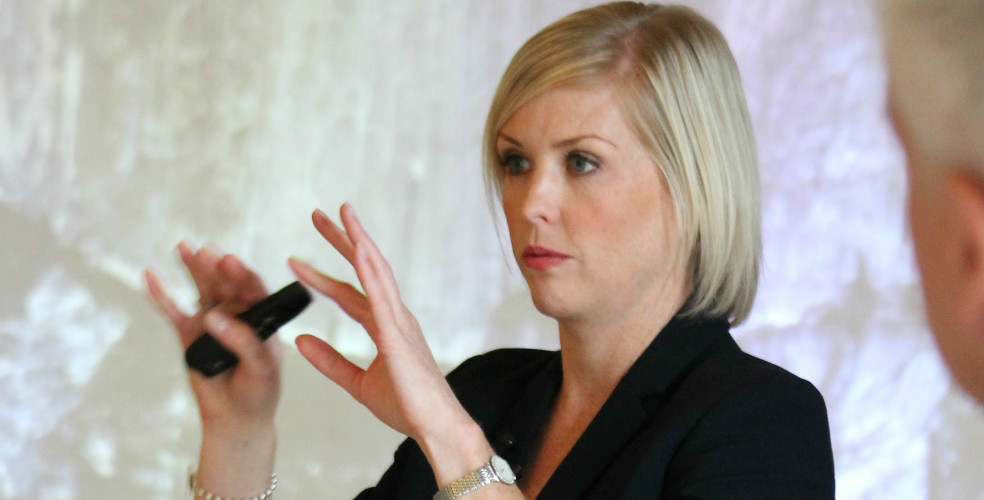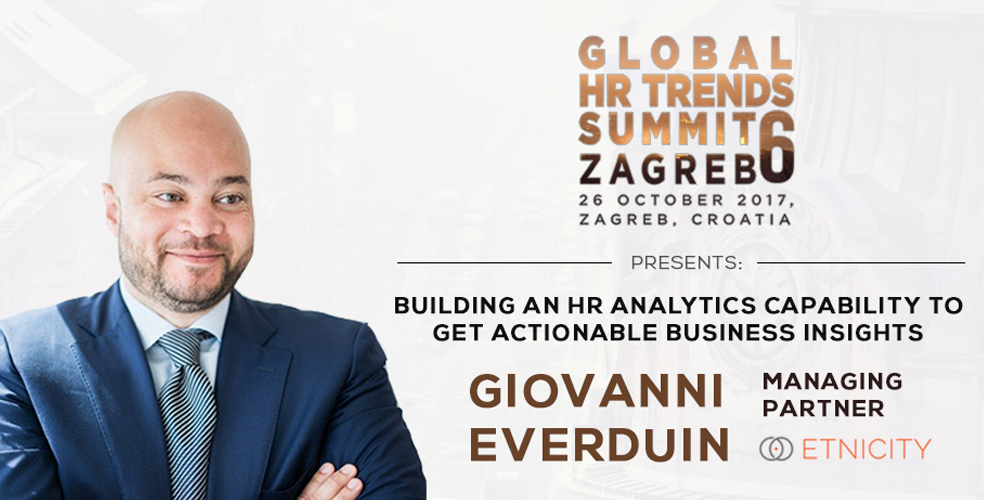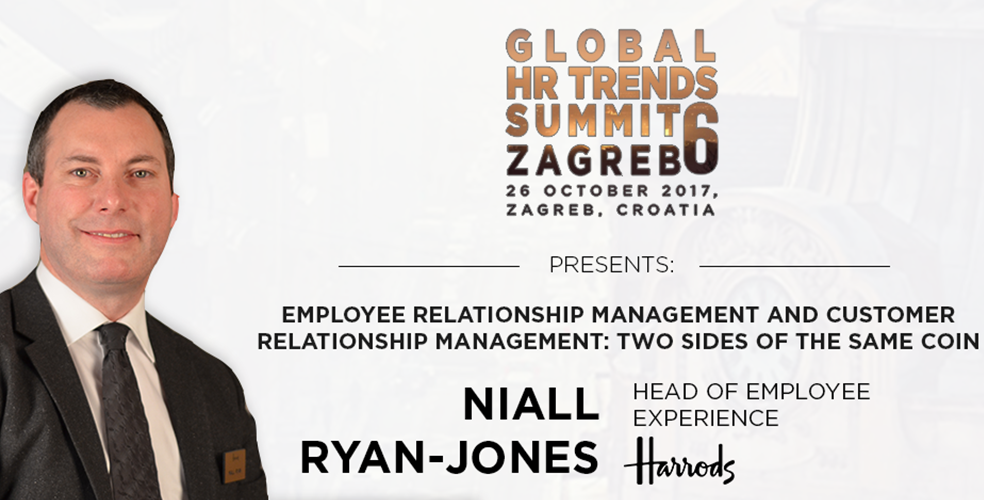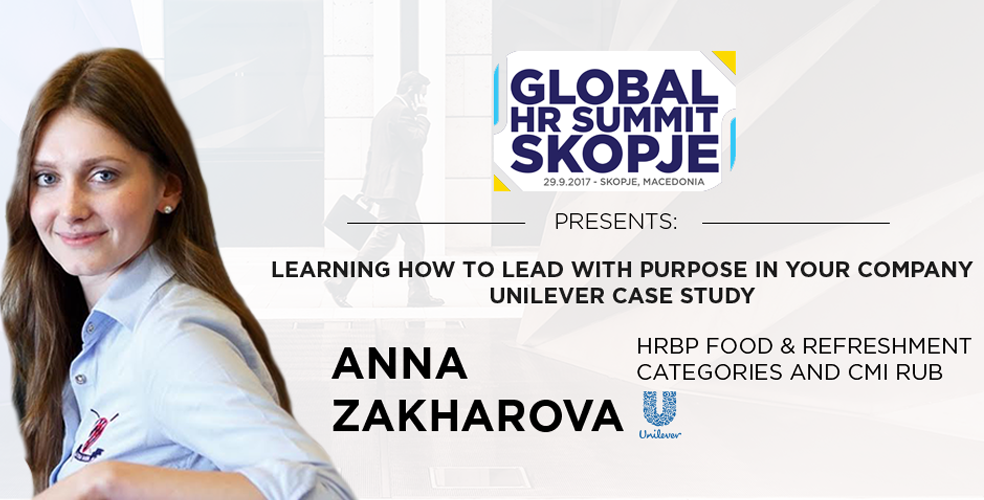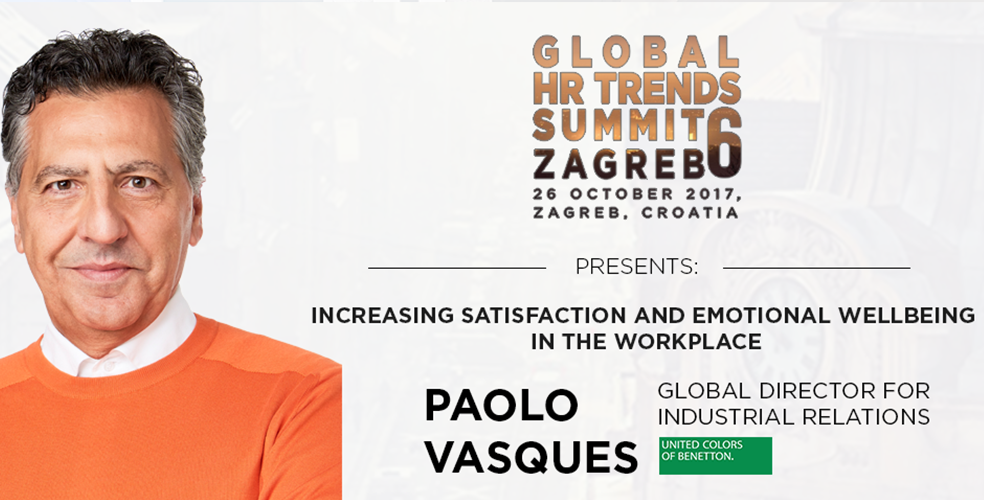 October 28, 2016
October 28, 2016
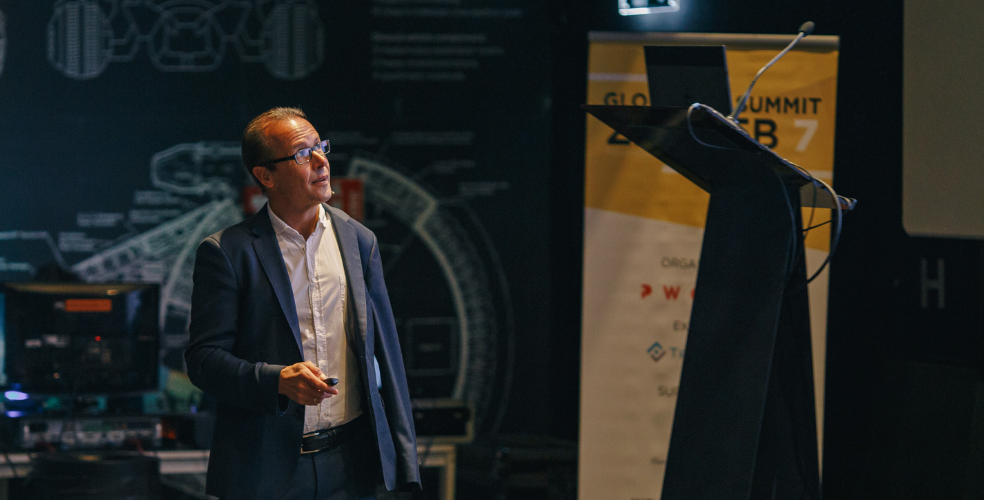
Working In HR Is Not Just A Profession, It´s My Passion!
September 06, 2019
Martin Lexa is the Executive Vice President for Human Resources & Corporate Communications at the world-leading medical solutions company Mölnlycke from 2016. Before that, he spent three years within the Novartis Group, first as head of HR Over-The-Counter for Europe at Novartis Consumer Health and then as Head of HR for Europe, Middle East & Africa at Alcon. He also worked at Medtronic for five years, including as VP for Human Resources, Europe, Middle East & Africa and Canada and at Bristol-Myers Squibb for eight years in different national and international HR leadership roles. At the Global HR Trends Summit in Skopje 2 Martin will present a case-study on Cultural Transformation & How To Integrate It Into Brand Strategy.
Tell us a bit about yourself and your professional journey, how did you decide to work in HR?
I am married with three daughters (and a pet) and enjoying living abroad for almost 14 years, currently in Sweden. My home country is Germany. Working in HR is not just a profession, it´s my passion! I believe that HR is the glue of an organization because in the end people make a difference. I gained experience working in country/regional organizations as HR Generalist and in Centers of Excellence, e.g. Rewards, which equipped me for my current role as a Global Head of HR.
You are currently working at Molnlycke. What does a typical working day look like for you?
I am an early bird, which means I love to get prepared for the day ahead in the morning. While you can get easily buried in too many (tactical) meetings and issues, I try to find the right balance focusing on strategic work supporting the business and operational work, which includes dealing with people and organizational related matters. What I enjoy the most is to walk through the office without an agenda and meet with people on the floor or visit markets to see talent and customers.
At the Global HR Trends Summit 2 in Skopje, you will be covering Cultural Transformation & How To Integrate It Into Brand Strategy, can you give us a preview of what the audience can expect from your session?
More than 70% of companies fail to transform their culture successfully. I want to share with you what we did at Molnlycke, what we learned and how we anchored our cultural ambition in our business strategy. Some simple tips and tricks will guide you on what to keep in mind when embarking on a journey like this – there is no single recipe how to do!
What are some of the projects that you have worked on & are most proud of?
After three years of hard work at Molnlycke, we have the fundamental tools in place, which enable us to tackle the future successfully: we have a global database, which allows us to measure critical KPIs and to generate reports, like headcount. First time ever we have leadership standards in place, which allows us to assess people managers against those. Recruitment is done globally very differently now than before by leveraging modern technology /AI with dedicated recruiters and a new employer value proposition.
What would be your advice on building a successful career in HR?
Act with human / common sense and display business acumen.
You are currently based in Sweden; how would you compare the working environment there with the rest of the world?
People are very polite and respect diversity. Usually, 90% of both parents work, which requires to plan the day very well and to have a good welfare system, e.g. kindergartens, in place. Although the taxes are very high, people don´t complain about them, because they know that it covers a lot, e.g. free healthcare and education.
You are presenting at the Global HR Trends Summit 2 in Skopje, what are your expectations from the destination?
Actually it will be my first time there, therefore I am very excited about being in Skopje. My family and I spend this year´s summer vacation in Albania, which makes us curious to discover the region in the near future.
